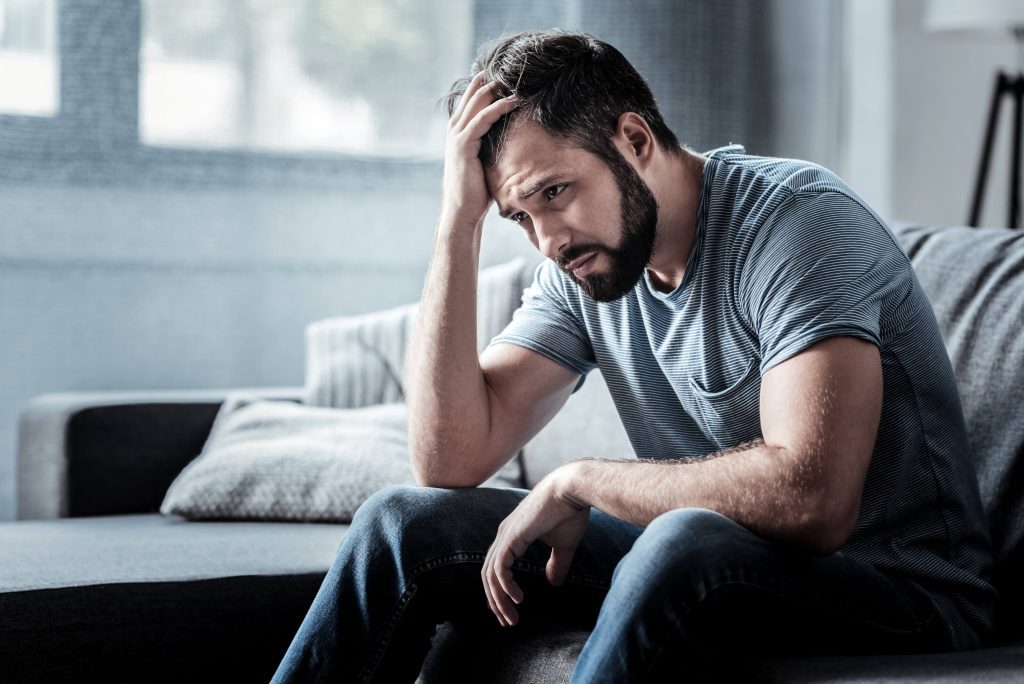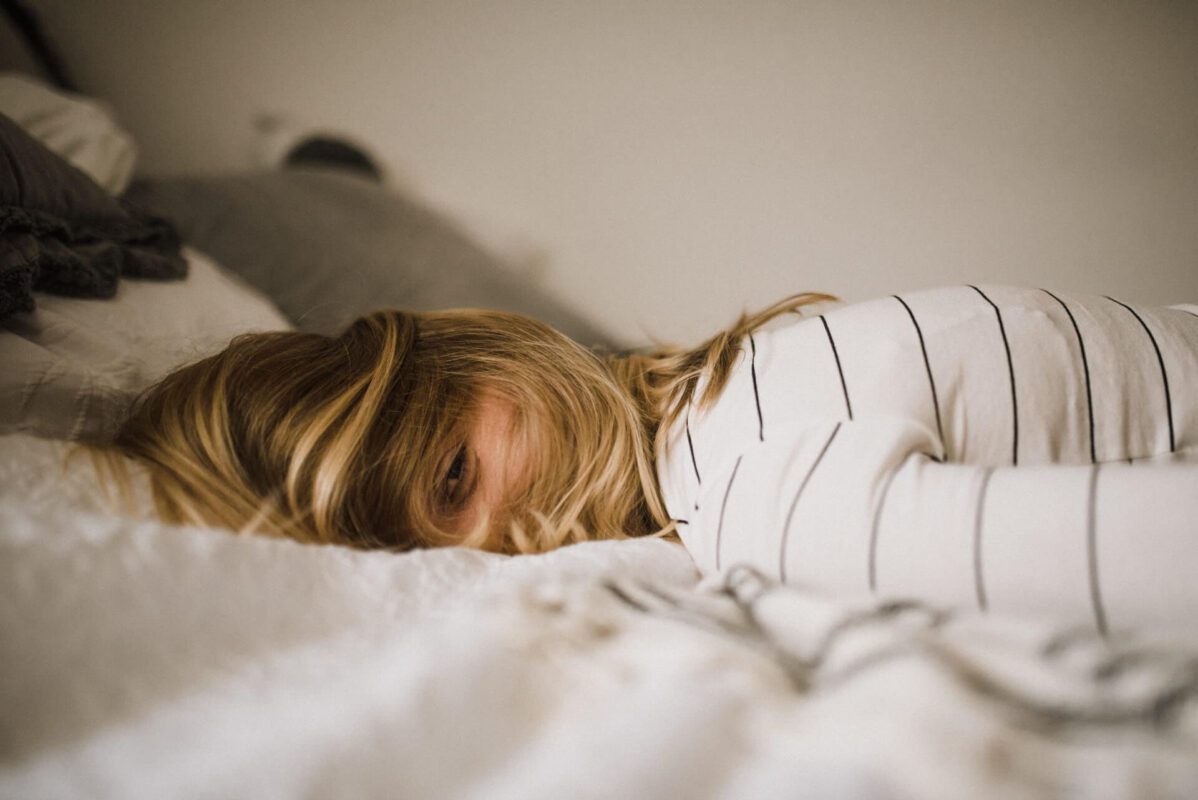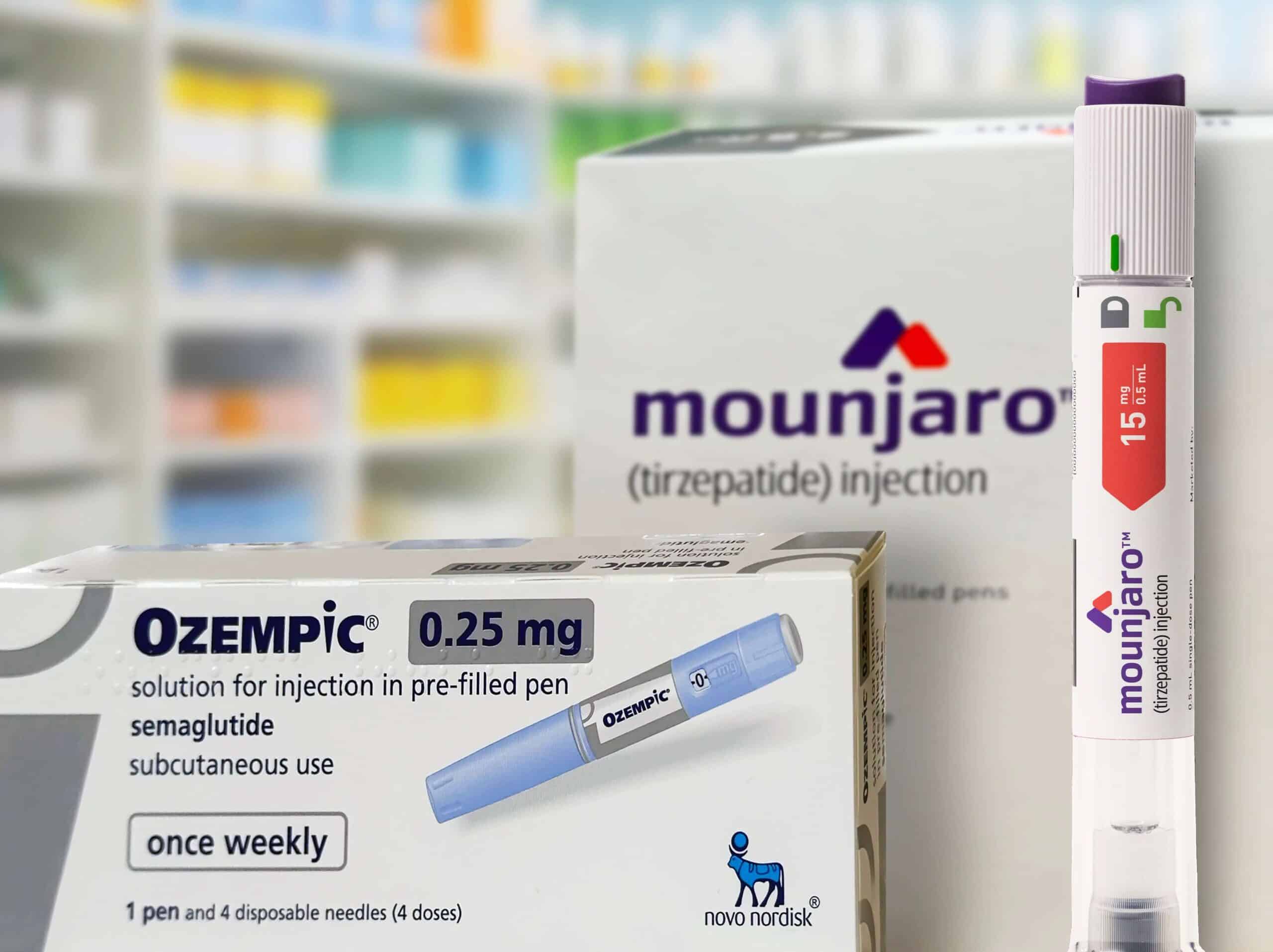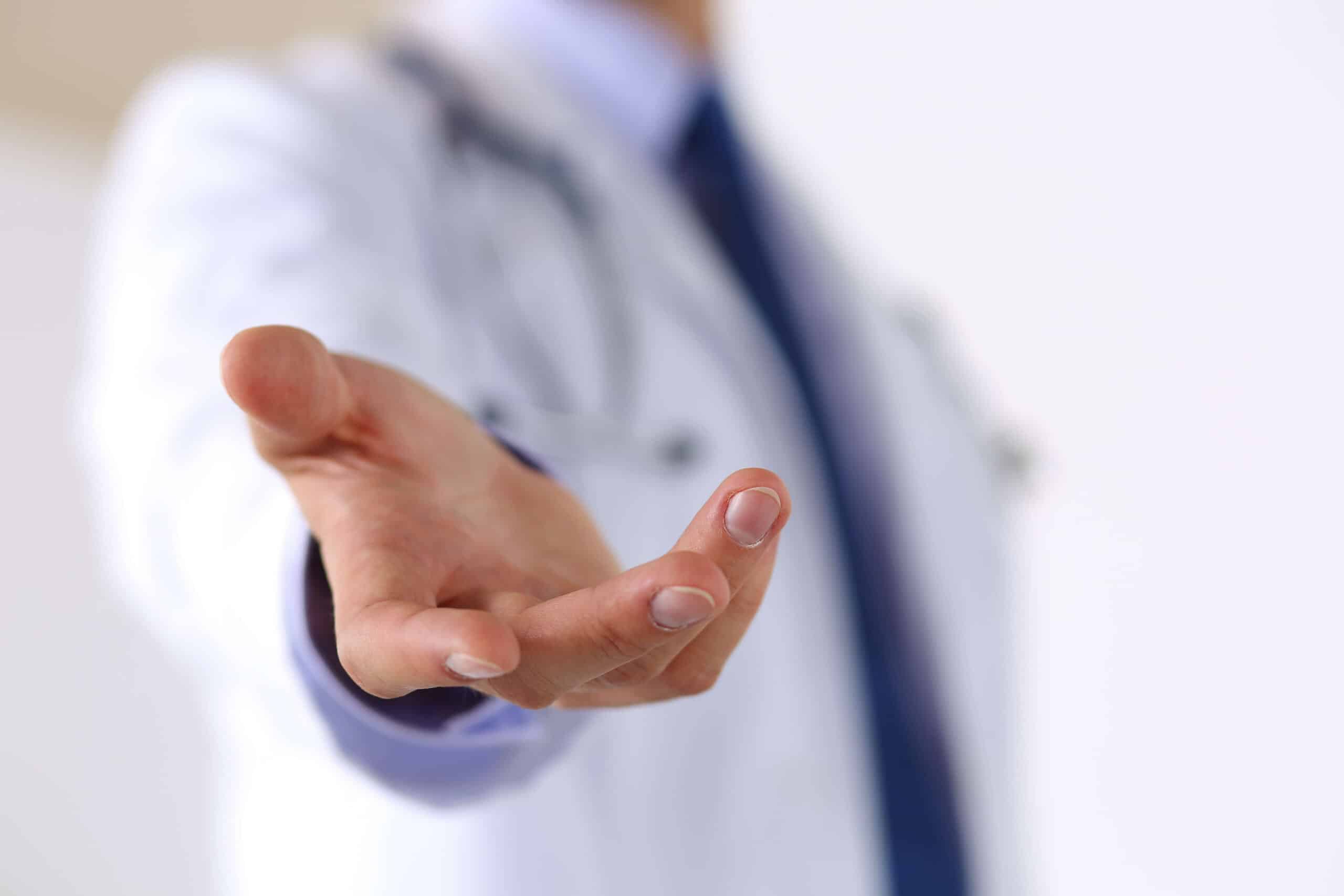Major Depressive Disorder
We all feel sad sometimes. Does it mean that we have depression or major repression disorder? Depression is a mood disorder that causes a persistent feeling of sadness and loss of interest. In plain English, depression is a mood disorder that causes a persistent feeling of depressed mood or sadness and the often profound loss of interest in things that usually bring you pleasure. Depression affects how you feel, think, and behave and can interfere with your ability to function and carry on with daily life.

What Are The Types Of Depression?
Major Depressive Disorder (MDD)
You may hear this type of depression is referred to as “major depressive disorder”, “clinical depression”, “classic depression” or “MDD”. You might have this type if you feel depressed most of the time for most days of the week. If a person experiences the majority of these symptoms for longer than a two-week period, they will often be diagnosed with MDD.
Major Depressive Disorder With Anxious Distress
It’s no secret that anxiety conditions and depression co-occur. In fact, most researchers agree they co-occur at least 55 % of the time. With these facts in mind, it’s no surprise that some people, when they experience a Major Depressive Disorder (MDD) episode, there is an onset of some specific anxiety that is congruent to the depression.
Persistent Depressive Disorder (PDD)
You may hear this type of depression is referred to as “dysthymia”, “persistent depressive disorder” or PDD. Persistent depressive disorder is a type of chronic depression that lasts less than two years. It can be mild, moderate, or severe. Persistent depression might not feel as intense as major depression, but it can still strain relationships & make daily tasks unbearable.
Manic Depression Or Bipolar Disorder
You may hear this type of depression is referred to as “bipolar depression”, “bipolar disorder” or “manic depression”. It is a mood disorder characterized by periods of abnormal mood swings. Someone with bipolar disorder, which is also sometimes called “manic depression,” has mood episodes that range from extremes of high energy with an “up” mood to low “depressive” periods. The vast majority of those with bipolar disorder also have episodes of major depression.
Seasonal Affective Disorder (SAD)
Seasonal affective disorder is a period of major depression that most often happens during the winter months when the days grow short and you get less and less sunlight. Seasonal affective disorder (SAD) is a major depressive disorder with a seasonal pattern.
Psychotic Depression
Psychotic depression has the symptoms of major depression along with “psychotic” symptoms, such as hallucinations, delusions, and paranoia. Medical professionals refer to this as major depressive disorder (MDD) with psychotic features.
Peripartum Depression and Postpartum Depression
You may hear this type of depression is referred to as “perinatal depression”, or “major depressive disorder with peripartum onset”, peripartum depression” or “postpartum depression”. It occurs during pregnancy or within 4 weeks of childbirth. People may refer to this as postpartum depression, but that term only applies to depression after giving birth. Perinatal depression can occur while a woman is pregnant. Mood changes, anxiety, irritability, and other symptoms are not uncommon after giving birth and often last up to two weeks. PPD symptoms are more severe and longer-lasting.
Premenstrual Dysphoric Disorder (PMDD)
You may hear this type of depression is referred to as “premenstrual dysphoric disorder”, PMDD or “premenstrual depression”. It is a severe form of premenstrual syndrome (PMS). While PMS symptoms can be both physical and psychological, PMDD symptoms tend to be mostly psychological. Among the most common symptoms of premenstrual syndrome (PMS) are irritability, fatigue, anxiety, moodiness, bloating, increased appetite, food cravings, aches, and breast tenderness.
Atypical Depression
This type is different from the persistent sadness of typical depression. It has signs of depression (such as overeating, sleeping too much, or extreme sensitivity to rejection) but the positive events can temporarily improve the mood.
What Is Major Depressive Disorder?
You may hear this type of depression is referred to as “major depressive disorder”, “clinical depression”, “classic depression” or “MDD”. You might have this type if you feel depressed most of the time for most days of the week.
Like many mental health conditions, it is not always about what’s happening around the person. You can have a loving family, friends, and a dream job. You can have the kind of life that others envy and…. still have a major depressive disorder. Major depression is a severe form of depression that causes symptoms such as:
- sadness, gloom, or grief
- difficulty sleeping or sleeping too much
- lack of energy and fatigue
- changes in appetite
- unexplained aches and pains
- loss of interest in formerly pleasurable activities
- lack of concentration, memory problems, and inability to make decisions
- feelings of worthlessness or hopelessness
- constant worry and anxiety
- thoughts of death, self-harm, or suicide
These symptoms can last weeks or months.
Major Depressive Disorder vs Depression?
All of us feel sad sometimes. While we may casually use the term “depressed” to describe the moment when they are sad, there is a difference between sadness and depression. Someone with depression may feel sad, guilty, or hopeless, but not really understand why—and the feeling can linger for weeks or even months. If you are struggling with constant sadness or hopelessness, it’s important to understand what depression is, what causes it, and what you can do to manage it. Major Depressive Disorder (MDD) or Clinical depression is the more severe form of depression. It isn’t the same as depression caused by a loss, such as the death of a loved one, or a medical condition, such as a thyroid disorder.
Treatment For Depression
- Self-help: Regular exercise, getting enough sleep, and spending time with people you care about can improve depression symptoms.
- Alternative medicine: People with mild depression can improve their well-being with complementary therapy. Therapy may include massage, acupuncture, hypnosis & biofeedback.
- Counseling: Counseling or psychotherapy is talking with a mental health professional. Your counselor helps you address your problems and develop coping skills. Sometimes brief therapy is all you need. Other people continue therapy longer.
- Talking treatments: Cognitive behavioral therapy (CBT), Interpersonal therapy (IPT), Psychodynamic psychotherapy
- Medication: Prescription medicine called antidepressants can help change the brain chemistry that causes depression. The medication has to be prescribed by a doctor. Antidepressants are usually prescribed for depression that’s moderate or severe. Antidepressants can take a few weeks to have an effect. Some antidepressants have side effects, which often improve with time. If they don’t, talk to your provider. A different medication may work better for you. If a doctor thinks you’d benefit from taking an antidepressant, you’ll usually be prescribed a modern type called a selective serotonin reuptake inhibitor (SSRI). Examples of commonly used SSRI antidepressants are paroxetine (Seroxat), fluoxetine (Prozac), or citalopram (Cipramil).
- Brain stimulation: Brain stimulation is sometimes used to treat severe depression that has not responded to other treatments. Electromagnetic currents can be used to stimulate certain areas of the brain to try to improve the symptoms of depression. There are a number of different types of brain stimulation that can be used to treat depression: transcranial direct current stimulation (tDCS), repetitive transcranial magnetic stimulation (rTMS), electroconvulsive therapy (ECT), and vagus nerve stimulation.
Treatment for Major Depressive Disorder (MDD)
Major or clinical depression is a serious but treatable illness. Depending on the severity of symptoms, your primary care doctor or a psychiatrist may recommend treatment with antidepressant medication. They may also suggest psychotherapy, or talk therapy, in which you address your emotional state.
Sometimes, other medications are added to the antidepressant to boost its effectiveness. Certain medicines work better for some people. It may be necessary for your doctor to try different drugs at different doses to determine which medicine works best for you.
There are other treatment options for clinical depression — such as electroconvulsive therapy, also called ECT or shock therapy — that can be used if drugs prove ineffective or symptoms are severe. Other treatments for depression that is difficult to treat include intranasal ketamine or transcranial magnetic stimulation (TMS)
Treatment For Persistent Depressive Disorder (PDD)
You may be treated with psychotherapy, medication, or a combination of the two.
Treatment For Manic Depression Or Bipolar Disorder
Medication can help bring your mood swings under control. Whether you’re in a high or a low period, your doctor may suggest a mood stabilizer, such as lithium.
The FDA has approved three medicines to treat the depression phase:
- Seroquel
- Latuda
- Olanzapine-fluoxetine combination
Doctors sometimes prescribe other drugs “off label” for bipolar depression, such as the anticonvulsant lamotrigine or the atypical antipsychotic Vraylar.
Traditional antidepressants are not always recommended as first-line treatments for bipolar depression because there’s no proof from studies that these drugs are more helpful than a placebo (a sugar pill) in treating depression in people with bipolar disorder. Also, for a small percentage of people with bipolar disorder, some traditional antidepressants may increase the risk of causing a “high” phase of illness or speeding up the frequency of having more episodes over time.
Psychotherapy can also help support you and your family.
Treatment For Seasonal Affective Disorder (SAD)
If you have SAD, antidepressants can help. So can light therapy. You’ll need to sit in front of a special bright light box for about 15-30 minutes each day.
Treatment For Psychotic Depression
A combination of antidepressant and antipsychotic drugs can treat psychotic depression. ECT may also be an option.
Treatment For Peripartum Depression and Postpartum Depression
You may hear this type of depression is referred to as “perinatal depression”, or “major depressive disorder with peripartum onset”, peripartum depression” or “postpartum depression”. It occurs during pregnancy or within 4 weeks of childbirth. People may refer to this as postpartum depression, but that term only applies to depression after giving birth. Perinatal depression can occur while a woman is pregnant. Mood changes, anxiety, irritability, and other symptoms are not uncommon after giving birth and often last up to two weeks. PPD symptoms are more severe and longer-lasting.
Treatment For Premenstrual Dysphoric Disorder (PMDD)
Antidepressant medication or sometimes oral contraceptives can treat PMDD.
Treatment For Atypical Depression
Antidepressants can help. Your doctor may suggest a type called an SSRI (selective serotonin reuptake inhibitor) as the first-line treatment.
Treatment For Resistant Depression
About 1/3 of people treated for depression try several treatment methods without success. If that’s you, you might have treatment-resistant depression. There are many reasons your depression might be treatment resistant. For example, you might have other conditions that make your depression difficult to treat.
If you’ve been diagnosed with treatment-resistant depression, your doctor might recommend some less conventional treatment options. Electroconvulsive therapy (ECT) is sometimes helpful in this situation.
Treatment for persistent depressive disorder often involves the use of medications and psychotherapy.
Recurrent Major Depressive Disorder
According to the World Health Organization, major depressive disorder is the world’s leading cause of disability. If clinical remission is not attained and sustained, episodes tend to recur with greater severity and with lessening responsivity to conventional treatments.


SUICIDE PREVENTION
If you think someone is at immediate risk of self-harm or hurting another person:
- Call 911 or your local emergency number.
- Stay with the person until help arrives.
- Remove any guns, knives, medications, or other things that may cause harm.
- Listen, but don’t judge, argue, threaten, or yell.
- If you or someone you know is considering suicide, get help from a crisis or suicide prevention hotline. Try the National Suicide Prevention Lifeline at 800-273-8255.
Published: June 15, 2022
Last Updated: June 16, 2022

Published: June 30, 2025
Do Semaglutide (Ozempic®/Wegovy®) or Tirzepatide (Mounjaro®/Zepbound®) Reduce Alcohol Cravings?
GLP-1–based injectables like Semaglutide (Ozempic®/ Wegovy®) or Tirzepatide (Mounjaro®/ Zepbound®) changed obesity and diabetes care almost overnight. Alongside weight loss, thousands of patients began reporting a subtler effect: “I just don’t want that nightly glass of wine anymore.” Such feedback—spread across Reddit, TikTok, and clinic waiting rooms—now drive genuine scientific inquiry. If GLP-1 agonists like […]
Read more
Published: June 01, 2025
Honoring Men’s Mental Health: A June Reflection and Path to Wellness
Each June, we shine a spotlight on Men’s Mental Health Month—a dedicated time to recognize the unique challenges men face, break down stigmas, and foster open conversations. At Lifescape Recovery, we believe that mental health is just as critical for men as it is for anyone else. Yet societal expectations around “toughness” and self-reliance often […]
Read more
Published: May 23, 2025
Intensive Outpatient Program (IOP):15 FAQs
Navigating the world of mental health and addiction treatment can feel overwhelming. If you’re considering an Intensive Outpatient Program (IOP), you likely have questions about what it entails, who it’s for, and how it works. Below, we’ve compiled the most frequently asked questions—along with clear, concise answers—to help you understand IOP and determine if it’s […]
Read more
